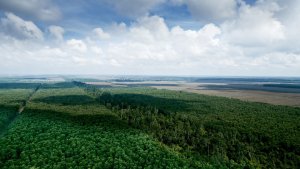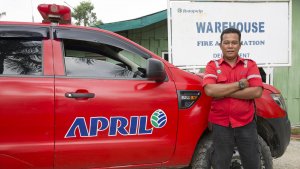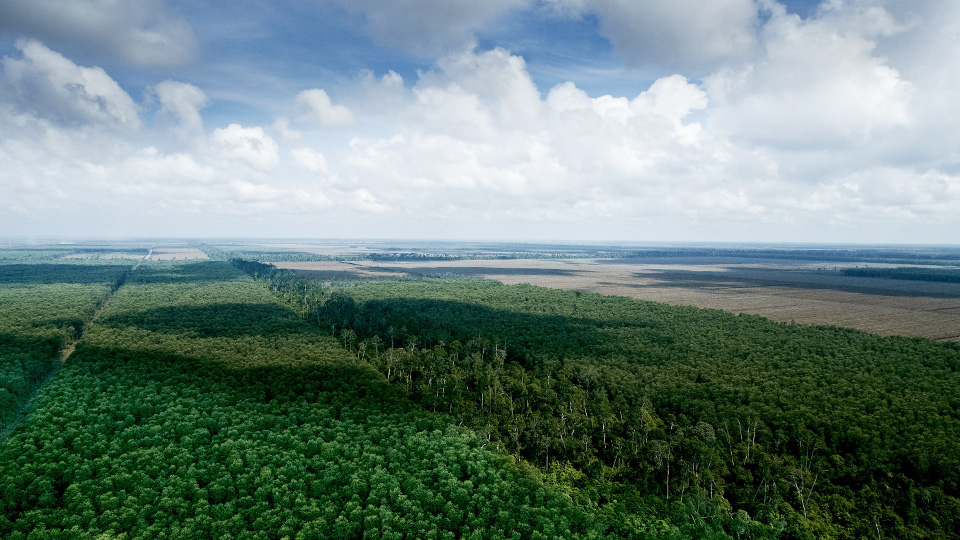One Year of APRIL2030
- Details
In celebration of the first year of APRIL2030, here are APRIL Group’s remarkable milestones in accelerating climate action through a commitment to sustainability.
A new global agreement, the Glasgow Climate Pact, was reached at the COP26 in Glasgow in November 2021. The Conference of the Parties (COP) was an important moment where more than 100 world leaders revisited their climate pledges, previously made during the 2015 Paris Agreement. The attending countries were asked to participate in keeping global warming "well below" 2 degrees Celsius to prevent climate change catastrophe.
What are the results of COP26?
The attendees agreed to further cuts to carbon dioxide emissions, the greenhouse gas which causes climate change. A plan to reduce coal usage, an agreement to increase monetary aid for developing countries to cope with the effects of climate change and assist the switch to clean energy, and an agreed scheme to cut 30 percent of methane emissions by 2030 were some of the results. Leaders from more than 100 countries with about 85 percent of the world's forests also promised to stop deforestation by 2030.
It has never been clearer that climate change is not an issue that can be solved single-handedly. Therefore, businesses need to operate without negatively impacting community and environment. More importantly, businesses need to create a concrete and sustainable business strategy to ensure a balance between profit and planet.
Moreover, governments must engage with the private sector, as adaptation and investment on climate change is essential. Private companies have the financial resources, technical capabilities, and the ability to leverage governments’ efforts, and can play a decisive role in accelerating climate action by decarbonizing operations or developing the necessary innovative technologies to prevent greenhouse gas emissions.
Sustainable future
A decade-long commitment to sustainability can be found in APRIL2030. APRIL Group announced its APRIL2030 commitment in November 2020 under four pillars: Climate Positive, Thriving Landscapes, Inclusive Progress, and Sustainable Growth.
With its concrete, time-bound, and science-based targets, APRIL2030 is among the first commitments made by an Indonesian company in any sector to commit to net-zero emissions from land use. Mirroring the Glasgow Climate Pact, the targets of APRIL2030 will make APRIL Group a more sustainable and circular business by 2030.
Lucita Jasmin, Director of Sustainability & External Affairs of APRIL Group, acknowledged the delivery of APRIL2030's commitment over the past year. On her foreword for the APRIL2030 Progress Update, she shared the company’s progress on establishing new partnerships, strengthening existing ones, advancing strategic initiatives, and building on the foundations it already had in place.
Through partnerships with SMERU, APRIL Group has completed a baseline analysis to tackle poverty and improve nutrition to reduce stunting in children. The company also collaborates with social enterprise Tani Foundation to conduct capacity building initiatives to link pineapple farmers to the Tanihub digital platform and provide the farmers with access to an online market for their product.
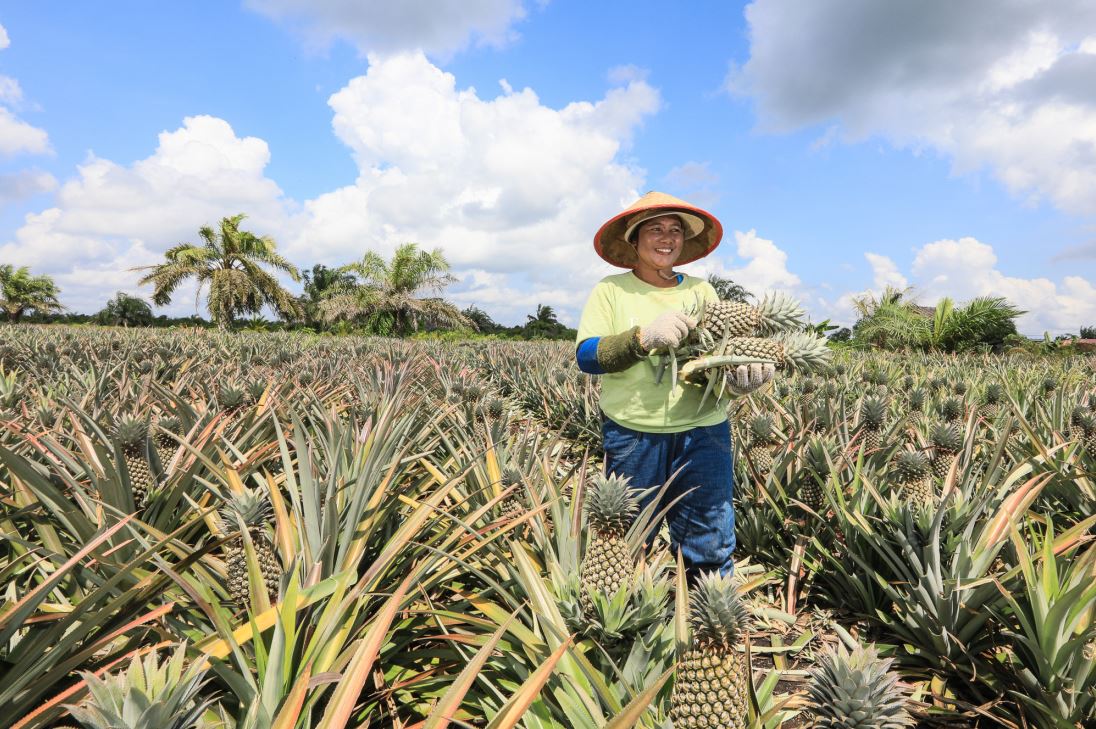
APRIL also commenced a community conservation pilot project in partnership with five villages on peat landscapes, building on the trust established through the Fire Free Village Program. Protected areas range from 1,000-5,000 hectares and the project involves creating livelihood opportunities to ensure the economic viability of the program and relieve pressure on the landscape.
Moreover, a new Eco-Camp building has started its operations within the Restorasi Ekosistem Riau ecosystem restoration project, including a research lab to support ongoing peatland research.
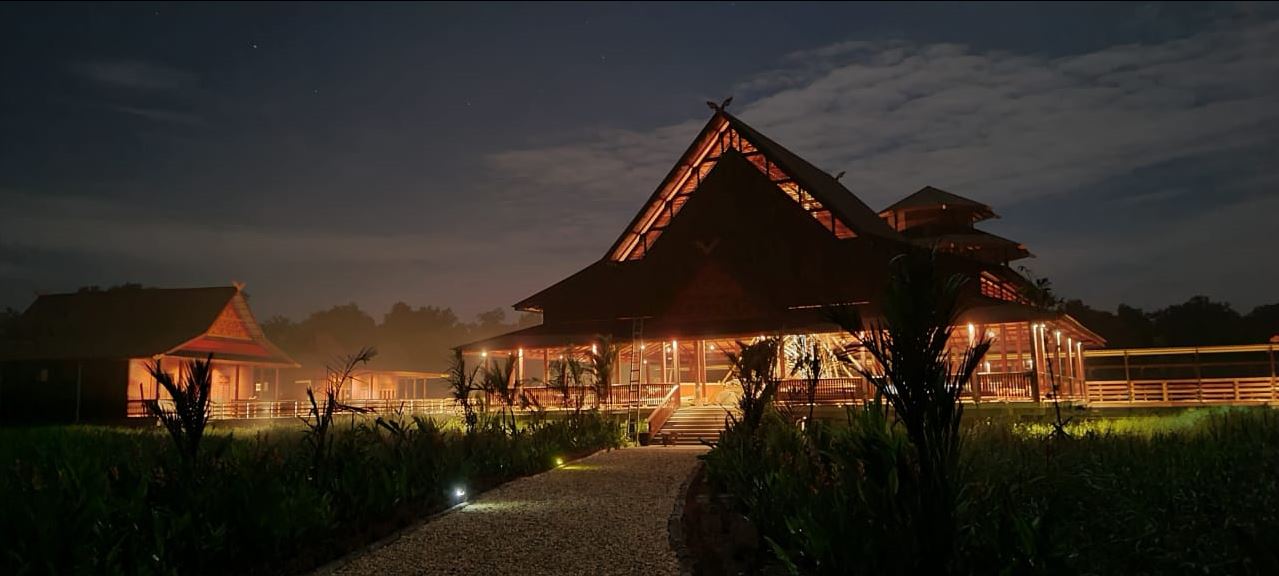
Some other key initiatives have started in terms of production activities including the 20-megawatt solar panels being installed at the company's production complex in Kerinci, Riau Province. The first phase saw a 1-megawatt installation that provides enough power for 500 houses. An additional 4-megawatts will be installed at the mill facility later, during the second phase.
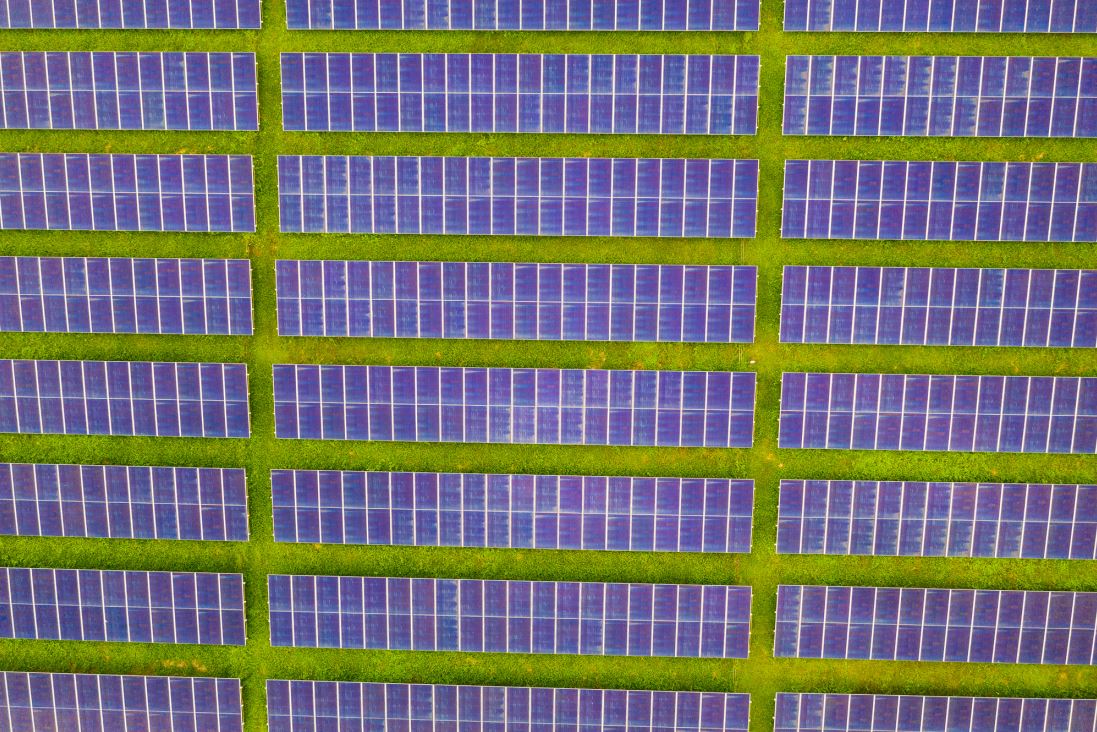
Fleets of electric buses were introduced to support lower-carbon employee commutes at the Kerinci mill. The company has also achieved its recovery targets for chemicals used in the production processes. Finally yet importantly, water usage has successfully been reduced, and the company is now using sludge as a fuel substitute.
All of the actions shown by APRIL Group in the past year prove that there are many ways to develop a sustainable framework that benefits the community and environment, and the company itself. The role and responsibility of companies in implementing a sustainable business strategy is essential in accelerating climate action and keeping global warming below 2 degrees Celcius.
Read more about APRIL's commitment to sustainability and the progress the pulp and paper company has made since the launch of APRIL2030 here.
More Articles
